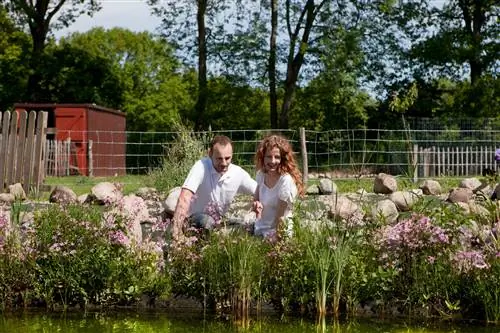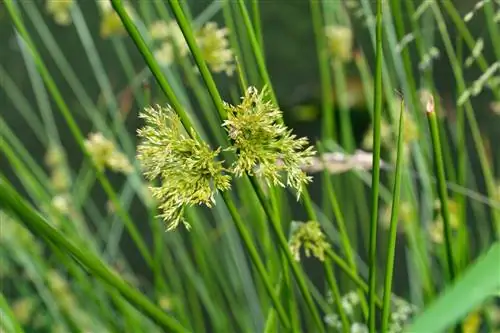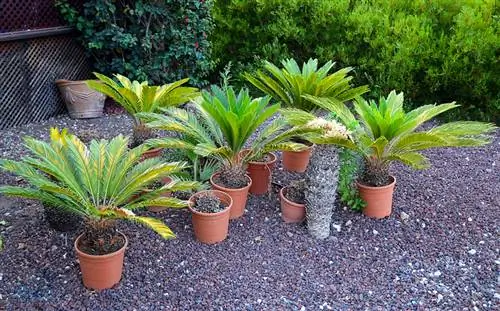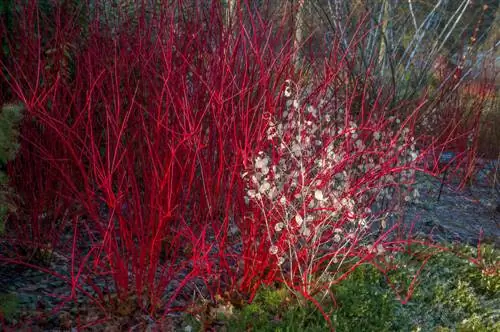- Author admin leonars@hobbygardeners.com.
- Public 2023-12-16 16:46.
- Last modified 2025-01-23 11:19.
Bulrushes are one of the most widespread plants in the world. But on which soils and in which substrates do they grow and thrive best? We'll get to the bottom of this question below.
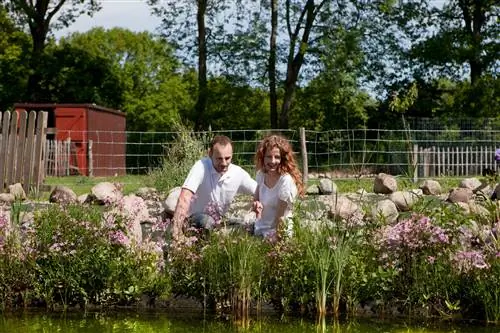
Which soils are ideal for rushes?
Brushes feel most comfortable inmoist to wetandnutrient-richsoils or substrates. In the garden they are ideal in the pond or at the edge of the pond as well as in watercourses. The soil for rushes should tend to besourand if possiblecalcareous.
On which soils do rushes grow in nature?
In nature, rushes typically grow inwater bodiesand close to them. They also inhabitWet meadows, swamps and moors Despite their preference for moist to wet soils, the robust rush plants can usually tolerate longer dry periods.
Can I plant rushes on the bottom of the pond?
You can plant rushes on the bottom of the pond in suitable substrate as long as thewater levelis not too high. Depending on the growth height of the rush plants, the latter should be around5 to 10 cm.
However, remember that rushes are very overgrown. If you want to prevent the grass-like plants from spreading uncontrollably in the pond, it is better to place them in a mesh basket with substrate and pebbles to weigh them down.
What substrate do rushes need in the pot?
If you keep rushes in a pot, it is best to use apeat-free, compost-based substrate When caring for them, make sure to water the plants regularly so that the substrate never dries up. In addition, you should supply potted rushes with liquid fertilizer monthly from April to September.
Note: If you keep the rushes in the garden or pond soil, you do not need to fertilize the plants.
Tip
Waterlogging is not a problem for rushes
Thanks to their tubular, hollow stems, rushes are very tolerant of waterlogging. The stalks supply the root system with the necessary oxygen, even if the plants are cultivated in standing or flowing water, where there is, so to speak, permanent waterlogging.

